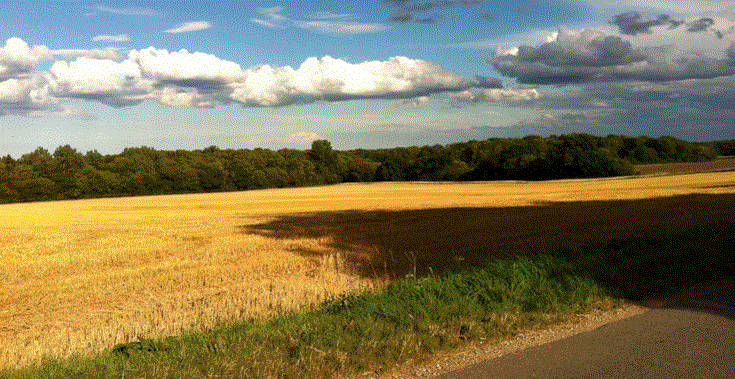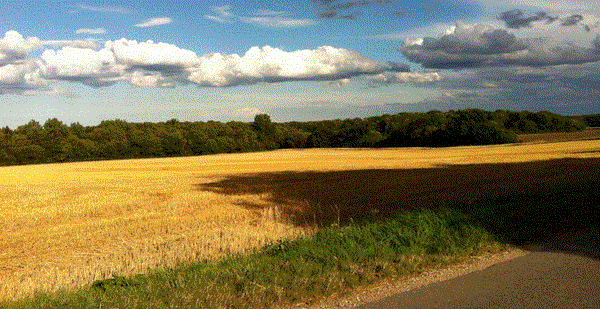
Panic Ploughing: Understanding Its Impact on Wildlife
Share
What’s the problem with our countryside? It looks pleasant enough (doesn’t it?) Read here to find out.
When travelling at the National Speed Limit! Driving fast past golden fields and panoramic vistas of mellifluous cotton wool clouds, that pepper the blue skies with hushed tones of magenta as the sun gently sets. With views like these, I can easily kid myself that nature’s in good hands. But is it?

BBC Radio 4 interrupted my idyllic commute (across the Lincolnshire Wolds) to remind me that, we’re failing nature and then covering up the damage by cosmetically and clinically prettying up the countryside behind us.
Let’s plough a little deeper, slow the vehicle down a little and really think about the information BBC Radio 4 broadcasted this morning:
- 98% of meadows are already gone
- Natural England - who exist to protect England’s nature - is underfunded and may not have the resources they need to achieve their brief
- State of Nature report declared that 60% of native species are in decline and 1 in 10 is facing extinction
- The EU announced plans to deliver new EU “no plough” rules to protect grassland and – allegedly – some farmers “panic ploughed” their grassland ahead of the new legislation. In effect, delivering the first blow (to nature) before the EU could even throw in the towel
When we travel through the countryside, we have two choices – we can speed up and ignore what’s happening outside our air conditioned environment, or, we can stop our vehicles and challenge the government to do more.
The choice is ours.
We (Professor John E Cooper, David Haith & I) recently challenged Natural England to do more to protect the health of farmland birds as their supplementary feeding ELS scheme doesn't mention anything about seed needing to be cleaned, and our research shows that dust and extraneous husk can damage a bird's respiratory system and can host harmful bacteria. Regrettably, our guidance fell on deaf ears and we still await signs that they’re taking our research serious. You can read what happened at http://www.haiths.com/education/
Written by Haith's
